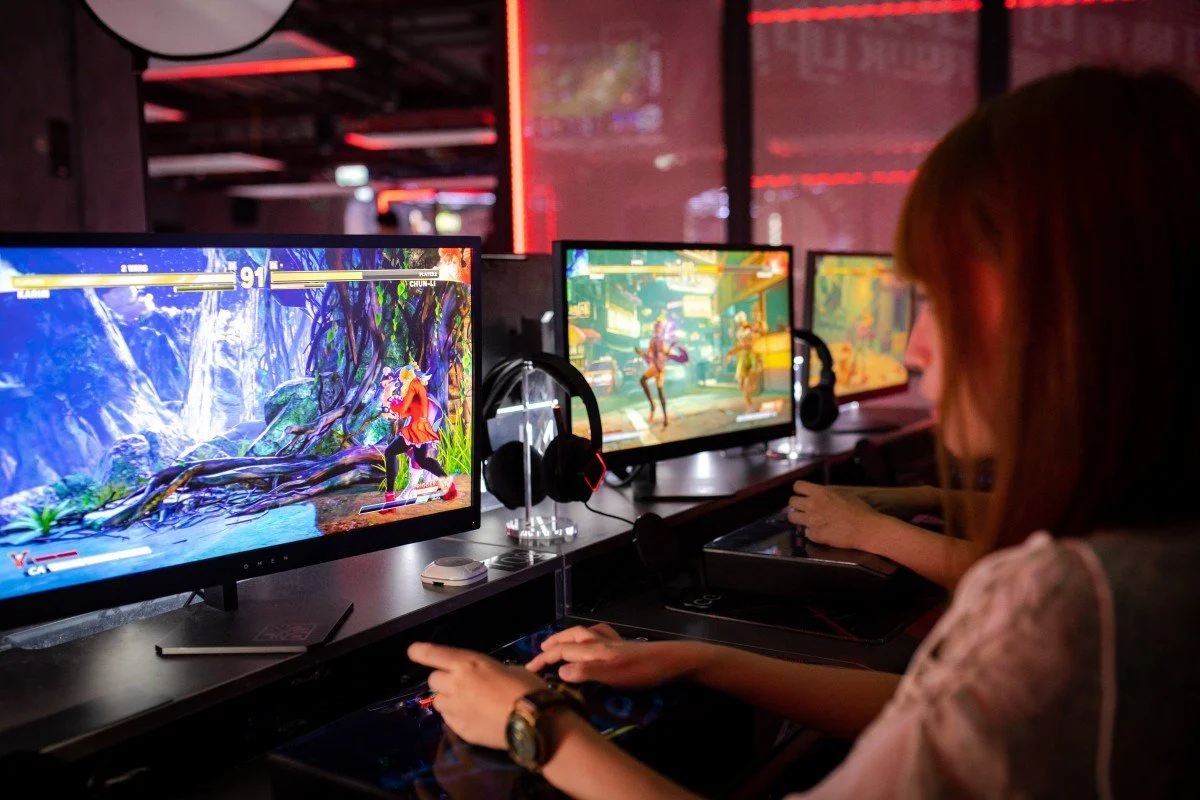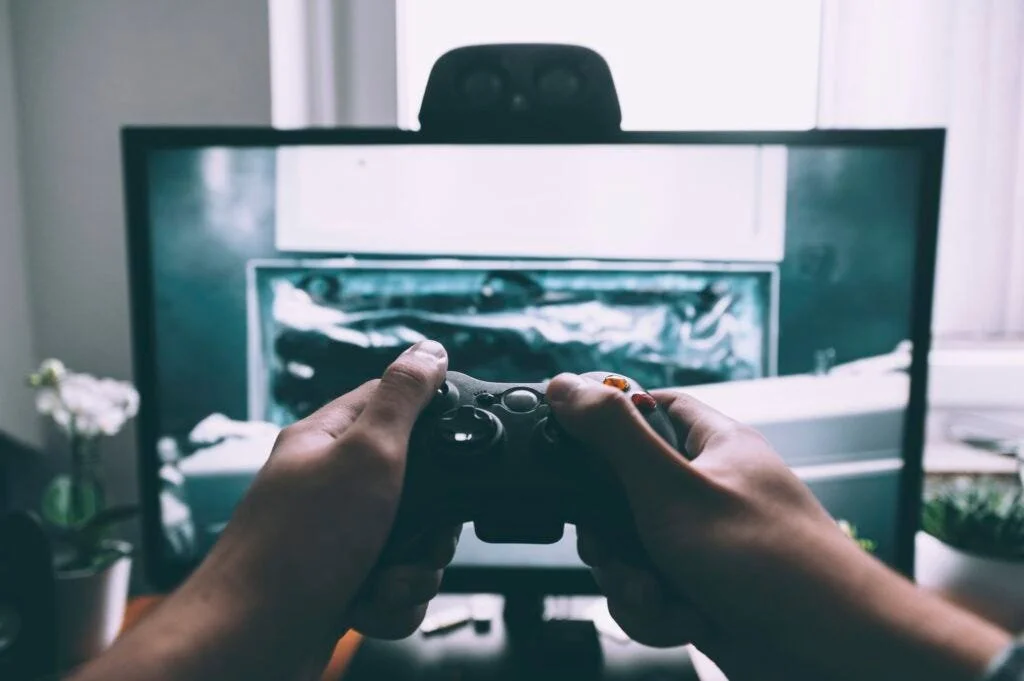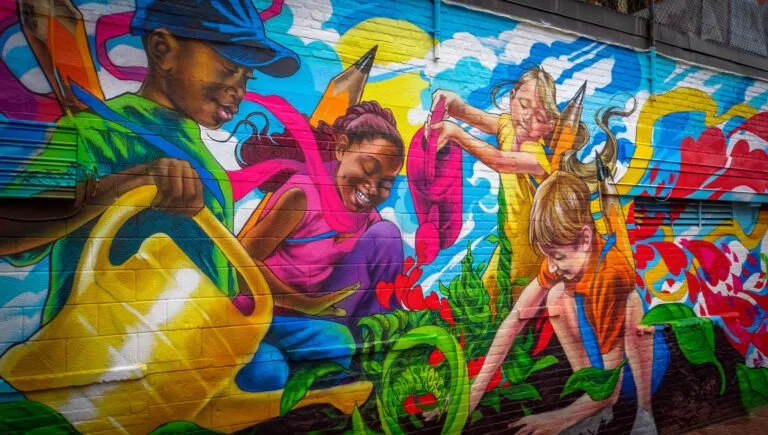More than any other artistic discipline, musicians have had the fundamental business models of their art form changed through the advent of new technology. At the same time, and out of necessity, the music industry has adapted more rapidly to new technology than any other art form, embracing technological innovation when possible. In their search for more sustainable ways to produce, deliver and experience music, some of the most famous and research driven musicians are experimenting with one of the world’s most used technologic tools: the App.
Art Hack Day: A Codification of Coolness!
This past weekend, a warehouse in Brooklyn was home to a 48 hour marathon of technologically derived artistic activity. The two day-long event, titled Art Hack Day, was organized by 319 Scholes, an organization that “supports digital arts and experimentation through exhibitions, lectures, panels, participatory workshops, and live performances.” Art Hack Day’s participants were a contrasting group of “hackers whose medium is art and artists whose medium is technology.”
Notwithstanding the title and the foreboding logo of an animated axe, the event was in fact “dedicated to cracking open the process of art-making, with special reverence toward open-source technologies.” And reverential is all that we can remain, because whether we know it or not, we use open-source technologies such as Mozilla Firefox or the Android operating software on a daily basis. Under the grim and inclement climate of SOPA and PIPA, it would be remiss of us to overlook an event that celebrates open-source through digital creativity and art.
Each project undertaken at Art Hack Day was accompanied by a Twitter hashtag, where online viewers could converse with the artists and hackers. Even though the “part-happening, part-hackathon” event is over, the projects can still be viewed online, though the information provided is brief and leaves one wanting to know more. But in all the fairness of open-source, they did provide a live streaming tour of the event last Saturday.
Anyhow, the results of Art Hack Day range from the quirky to the technologically cool! For instance, there is a project titled Bot Zoo, which is essentially a humorous and sarcastic portrayal of spam bots. While malicious bots are those ridiculous advertisements on the web that entice you with equally ridiculous offers (free iPads), the project portrays them as “‘rare, gentle creatures” that “don’t want to hurt us.” Harmless bots aside, if you were tired of surfing the net, why not dive in and start swimming?
Titled SwimBrowser, the project applies Kinect’s ability to recognize body movements, specifically arm motion, in the navigation of the web. In this aquatic browser, you zoom in by swimming forwards, zoom out by reversing the motion of your arms. Moreover, you can also scroll, click, and open up new tabs through a host of intuitive arm movements. Flailing your arms around has never been more fun! But be sure to build up stamina because with SwimBrowser, getting tired of browsing the Internet is no longer in the sea of figurative language.
http://vimeo.com/20255369
The project won the 2011 OpenNI Developer Challenge and its developer, David Solarsky even gave a talk about SwimBrowser at CMU last October for Art+Code 3D.
For those who would like a hand at storytelling, there is Story Wheel, a site where you can narrate stories using Instagram pictures and SoundCloud recordings. Another captivating project is OneHolePunch, "an iphone app that collects circles from your environment and keeps them in your pocket." And the codification of coolness doesn’t stop here.
Take, for instance, Skippable Rope, a virtual skipping rope created out of a pair iPhones that will have you jumping for joy, at least until you get tired or fall out of sync. Or Bike-in Movie, where the movie speeds up as you speed up on your stationery bike! Star Wars fans might want to take a look at Star Wars Uncut GIFs, which is a collection GIFs made from crowdsourced 15 second reproductions of the Star Wars movie, and finally, a project named Aliens That Look Like Skrillex. Yes, Aliens That Look Like Skrillex. In all, there were 35 projects, all of which are worth exploring, because they will leave you in a state of, to quote Eddie Izzard, "techno-joy!"
So if the world of hacking is as alien to you as aliens that look like skrillex, the projects showcased on Art Hack Day are a neat way to begin familiarizing yourself with what open source technologies can achieve in the field of digital and experimental art.







